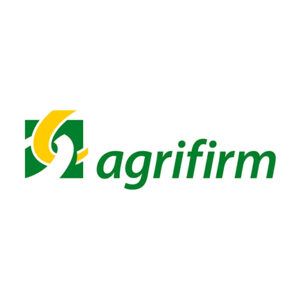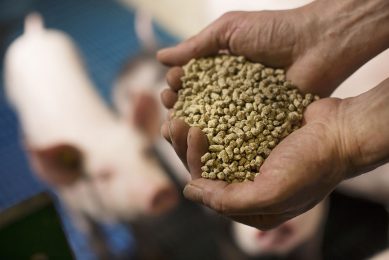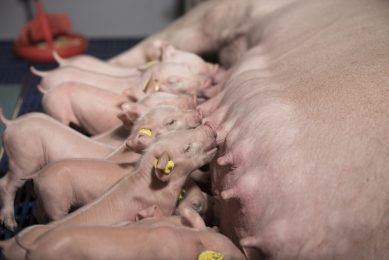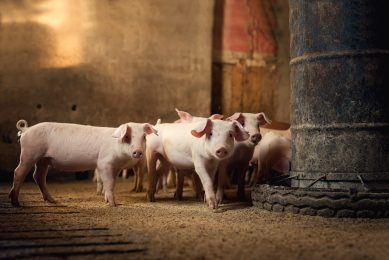MCFA’s remain relevant for future challenges
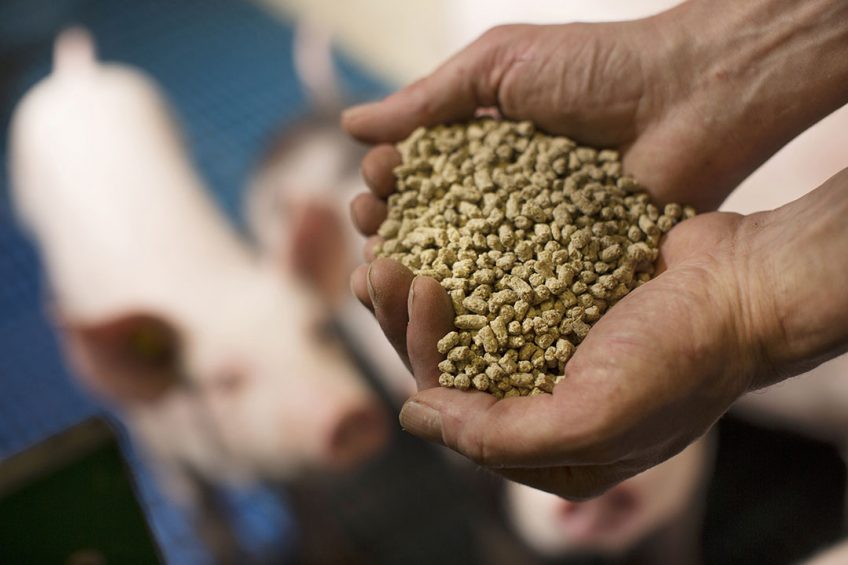
In the context of a long history of use of fatty acids against pathogenic bacteria in animals and humans, Aromabiotic, the original MCFA by Nuscience, has proven its efficacy in pig production by improving the performances of animals at all stages of development. A recent demonstration of the capacities of MCFAs to mitigate the spread of some enveloped viruses may open new applications for the future of these fatty acids.
The first description of the antibacterial action of fatty acids was reported by Robert Koch in 1881, testing different soap combinations against the Bacillus strain causing Anthrax. However, the success of antibiotics decreased the interest for these molecules until 1970. Since then, deciphering of the mode of action of fatty acids, especially the Medium Chain Fatty Acids (MCFAs) took place and a growing number of human and animal pathogens has been proven to be sensitive to MCFAs.
Trusted antibiotic alternative
Since the years 2000, the trend to reduce the use of antibiotics to avoid spreading of resistance has renewed the interest for this natural and trustable alternative to antibiotics to control pathogenic bacteria in a more sustainable way.
Extensive literature is available on the antibacterial action of the MCFAs of different carbon (C) lengths, so called Caproic (C6), Caprylic (C8), Capric (C10) and Lauric (C12) acids. It is accepted that C6 and C8 have greater activity against Gram- bacteria like E. coli or Salmonella, whereas C10 and C12 have greater activities against Gram+ bacteria like Streptococcus or Clostridium. The different MCFAs share a 3-fold antibacterial activity that act in complementarity:
- Pore-forming capacity in the cells of bacteria because of similar hydrophilic/lipophilic balance with the lipid membranes, causing the leakage of the cytoplasm
- Acidifying the inner cell content of the bacteria by releasing protons
- Neutralising DNA replication because of the absence of nucleus in bacteria
20-years’ history with MCFAs
Nuscience conducted several practical trials worldwide focusing on the impact of MCFAs in pig production. A significant part of these trials focused on Aromabiotic, the first patented MCFA-based product launched by Nuscience, containing a balanced ratio of the different medium-chain fatty acids from C6 to C12.
Here it was proven that the combined efficacy of C6, C8, C10 and C12 is greater than the use of single compounds, especially in practical pig rearing conditions where a wide range of Gram+ and Gram- pathogens can impair the performances of animals. The use of Aromabiotic at different stages of pig production significantly improves animal performances, as summarised in Table 1, improving the economical balance of the farms.
Expectations in response to viral threats like ASF, PED and PRRS
In the recent years, outbreaks of several viruses have challenged the swine industry worldwide. In 2015 the spread of PED shocked the industry, now 4 years later ASF is changing the global pig production landscape. Handling these kind of threats needs a very broad approach including biosecurity measurements, veterinary precautions, nutritional adaptations and feed safety measurements to stop the disease from spreading.
Spreading of viral particles via the feed is an example of growing concern in the US for PEDv, as well as ASF. Research conducted at Kansas State University studied the possibility of mitigating the spreading of PEDv in pig feeds using MCFAs. Reduction of the detection of PEDv in feed was achieved faster and with a higher efficacy (+18%) with MCFAs than with, among other products, formaldehyde.
Figure 1 – Proportion of PAMs positive for PRRSv according to the concentration in MCFAs.

Porcine alveolar macrophages (PAMs) from the lungs of PRRSV-negative pigs were pre-treated in vitro with growing concentrations of Medium Chain Fatty Acids before being exposed to PRRSv. After 24h of incubation, the percentage of cells positive for PRRSv invasion were determined by classical immunofluorescence techniques (* indicate a significant difference at p<0.05).>
Similarly, a collaborative dose-response study of Nuscience and Ghent University confirmed the potential of Aromabiotic to avoid invasion of Porcine Alveolar Macrophages by PRRSv in vitro (Figure 1). The current hypothesis for the direct antiviral activity of MCFAs towards enveloped viruses is that MCFAs have a destabilising effect on the virulent envelope of these viruses. This exciting hypothesis, that still requires validation, would open a new field of application for MCFAs in the future since many of the upcoming pathogens like African Swine Fever, Classical Swine Fever, PRRS and PED are enveloped viruses and can spread via feed.
Author: Romain D‘inca, Product Manager Pigs, Nuscience


